Tonkawa Reclaims Sacred Land After 140 Years: ‘We’re Home’
After almost 140 years of exile, the Tonkawa Tribe has made a historic return to Texas by purchasing Sugarloaf Mountain, a site of profound cultural and spiritual significance in Milam County.
The mountain holds a special place in the tribe’s creation story, symbolizing their deep-rooted ties to the region.
The Importance of Sugarloaf Mountain
Sugarloaf Mountain, a striking red sandstone hill in Milam County, is more than a geographic landmark for the Tonkawa Tribe; it’s a sacred site integral to their creation myth.
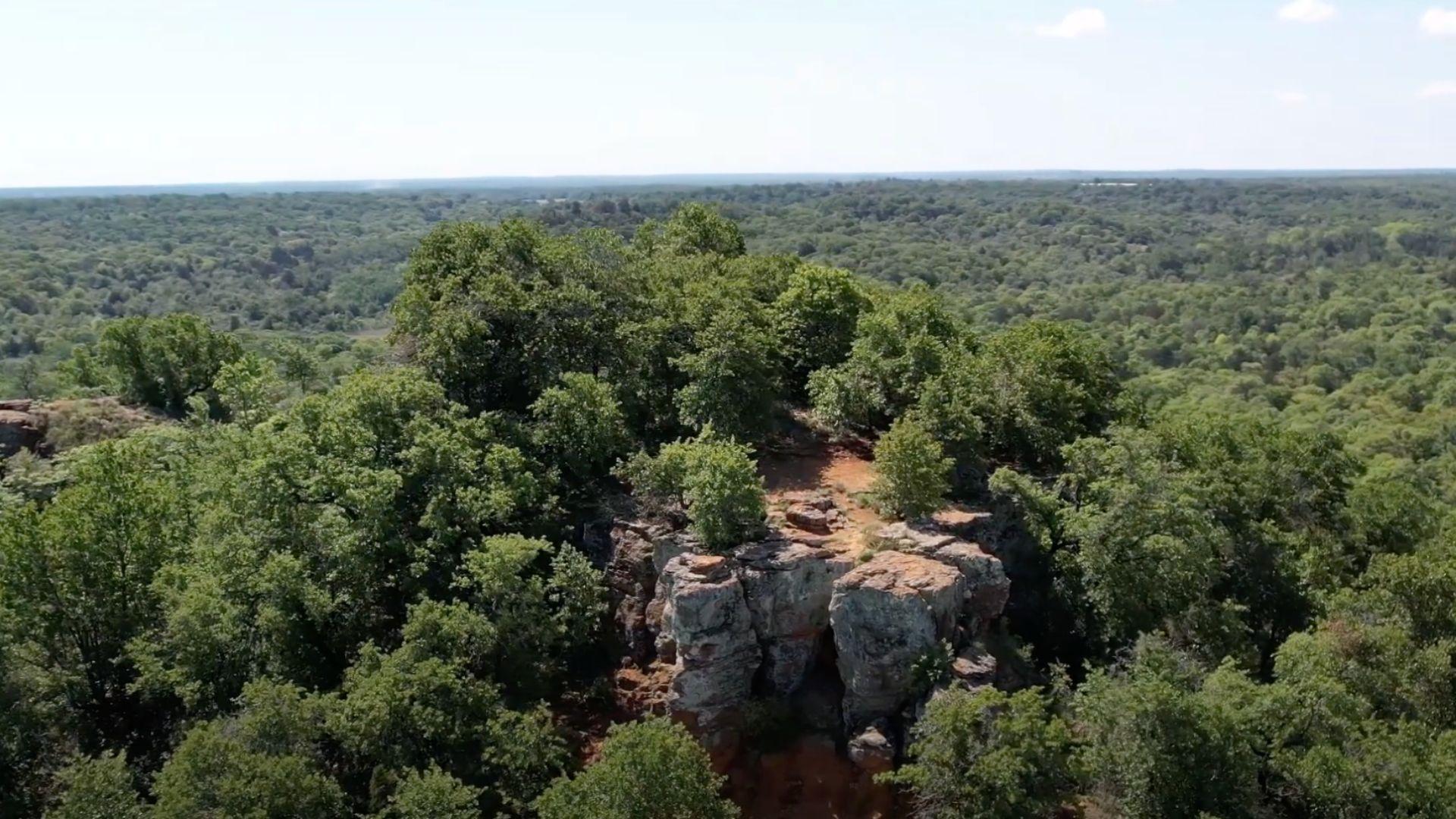
Source: Joshua Paul/YouTube
The Austin-American Statesman reports that this area has been central to the tribe’s spiritual and cultural identity for generations. The return to this land represents a profound moment for the tribe, reconnecting them with a crucial part of their heritage.
The Tonkawa People's Resilience
Contrary to rumors of their disappearance, the Tonkawa Tribe has demonstrated remarkable resilience.
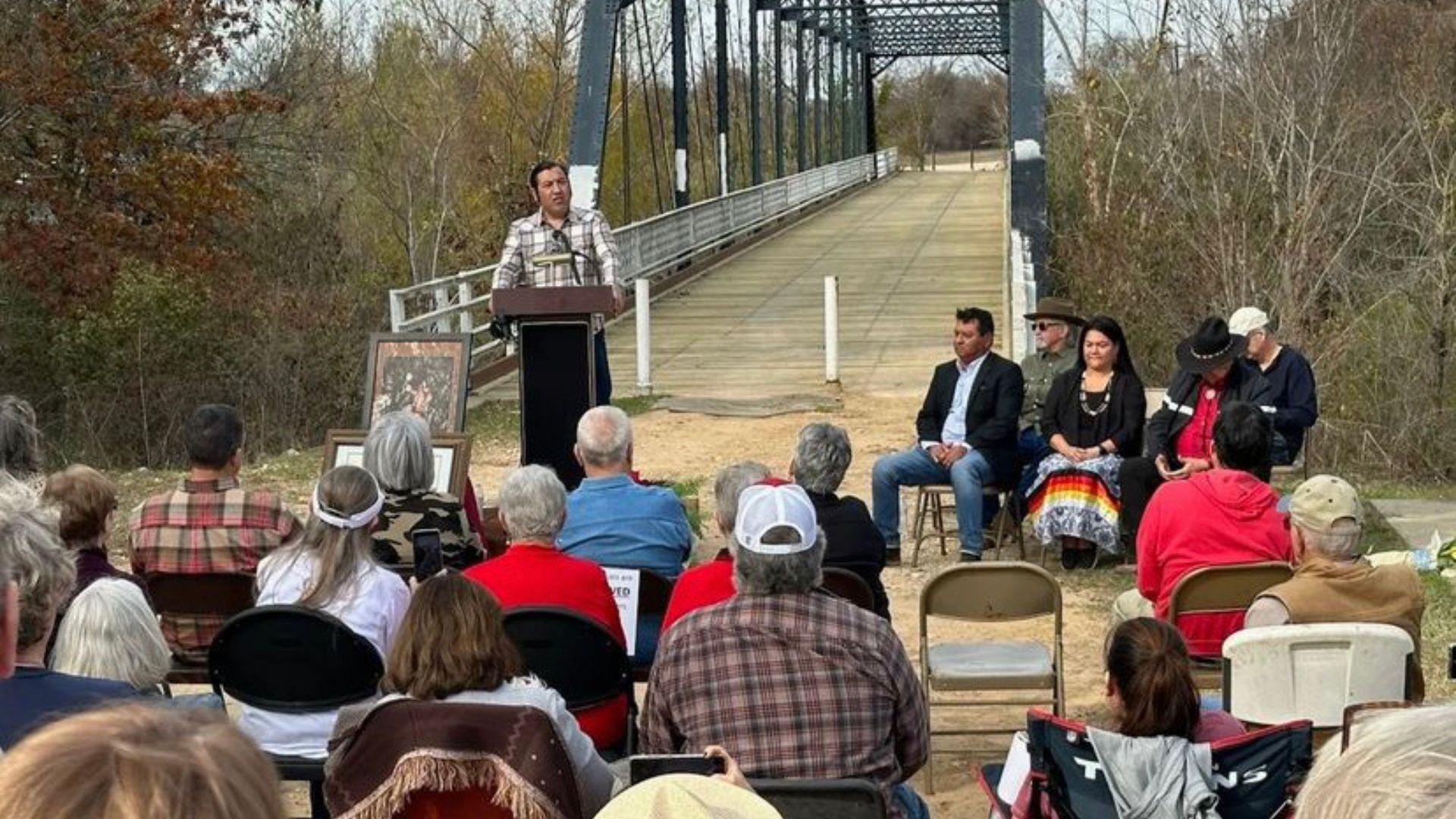
Source: elcaminotejas/Instagram
Although the population was once dwindling, The Austin-American Statesman reveals that the tribe has grown to 950 citizens and now operates a reservation and various enterprises in Oklahoma.
Acquiring Sugarloaf Mountain
The Austin-American Statesman explains that the Tonkawa’s acquisition of Sugarloaf Mountain was more than a mere land deal. It was a heartfelt reunion with a piece of their history. “It was our Garden of Eden,” said Don Patterson, the tribe’s former president.
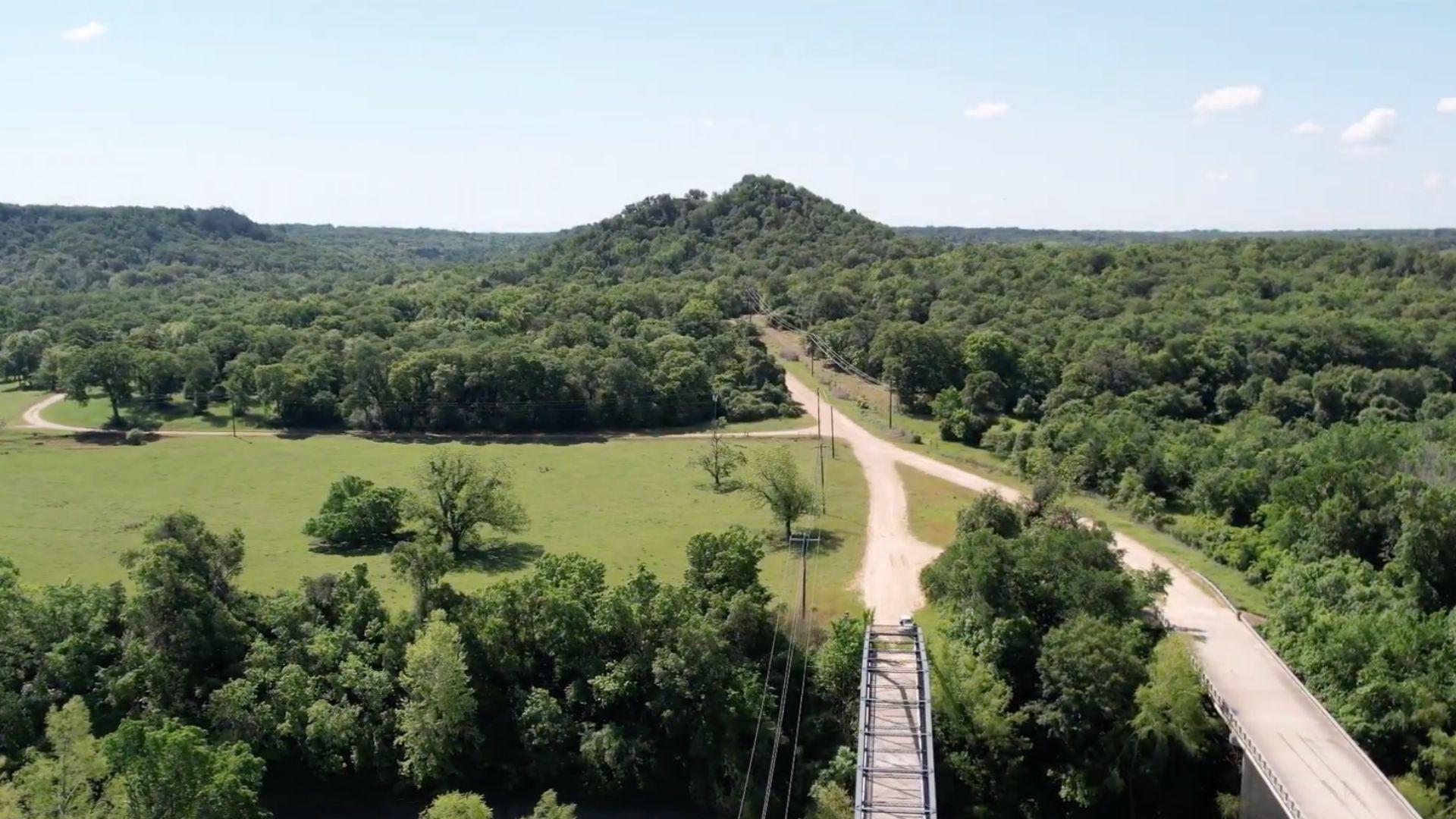
Source: Joshua Paul/YouTube
This historic purchase of 60 acres at a “reasonable market value” signifies a profound reconnection with their past and a commitment to preserving their rich cultural heritage.
Rediscovery of Red Mountain
Patterson, an 85-year-old former president of the Tonkawa Tribe, played a pivotal role in rediscovering the importance of Red Mountain, also known as Sugarloaf Mountain.
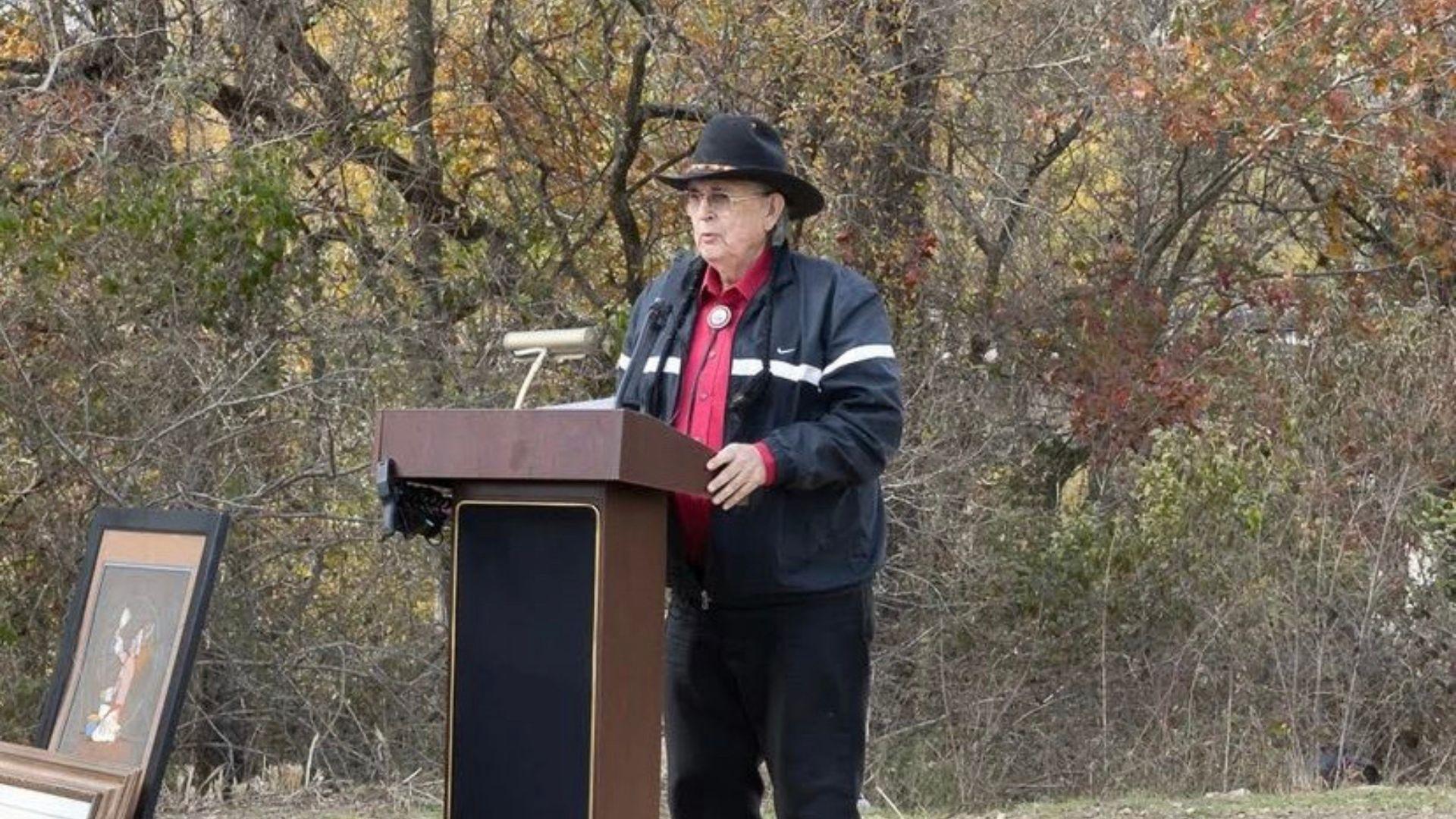
Source: elcaminotejas/Instagram
He told The Austin-American Statesman, “Our Wolf Dance ceremony depicts the first Tonkawa human coming out of the foot of Red Mountain.” Patterson’s efforts in the 1980s to unearth the tribe’s connection to this sacred site have been instrumental in reviving and preserving their cultural identity.
Reclaiming a Neglected History
Tonkawa President Russ Martin emphasizes the importance of acknowledging the rich Native American history in Texas. “I think it’s important for Texas to know there were Native Americans there, and not only that but they were abundant there.”
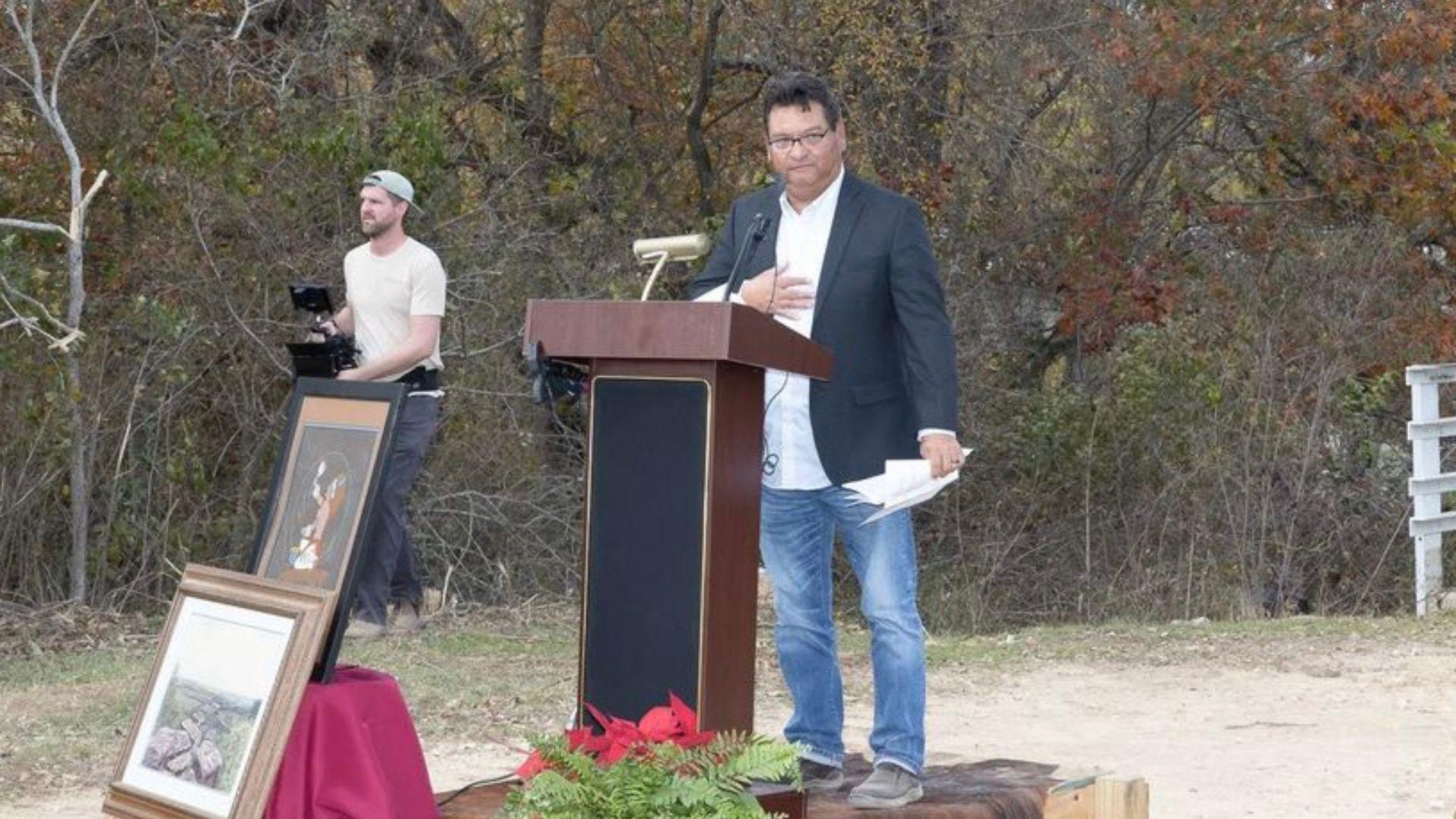
Source: elcaminotejas/Instagram
He told The Waco Tribune-Herald: “I think it’s a part of history that’s maybe been pushed to the side. I want the next generation to know. I want them to start embracing that and being a part of that and, hopefully, I want them to accept us. I want them to realize what happened. I think that part of history’s been neglected. I absolutely want to share that with everybody there.”
Historical Significance of Red Mountain
Sugarloaf Mountain, more than a landmark, served as a key navigational point along El Camino Real, a trail extending over 2,580 miles. “It can be seen from far off, particularly when coming from the east,” said Steven Gonzales to The Waco Tribune-Herald.
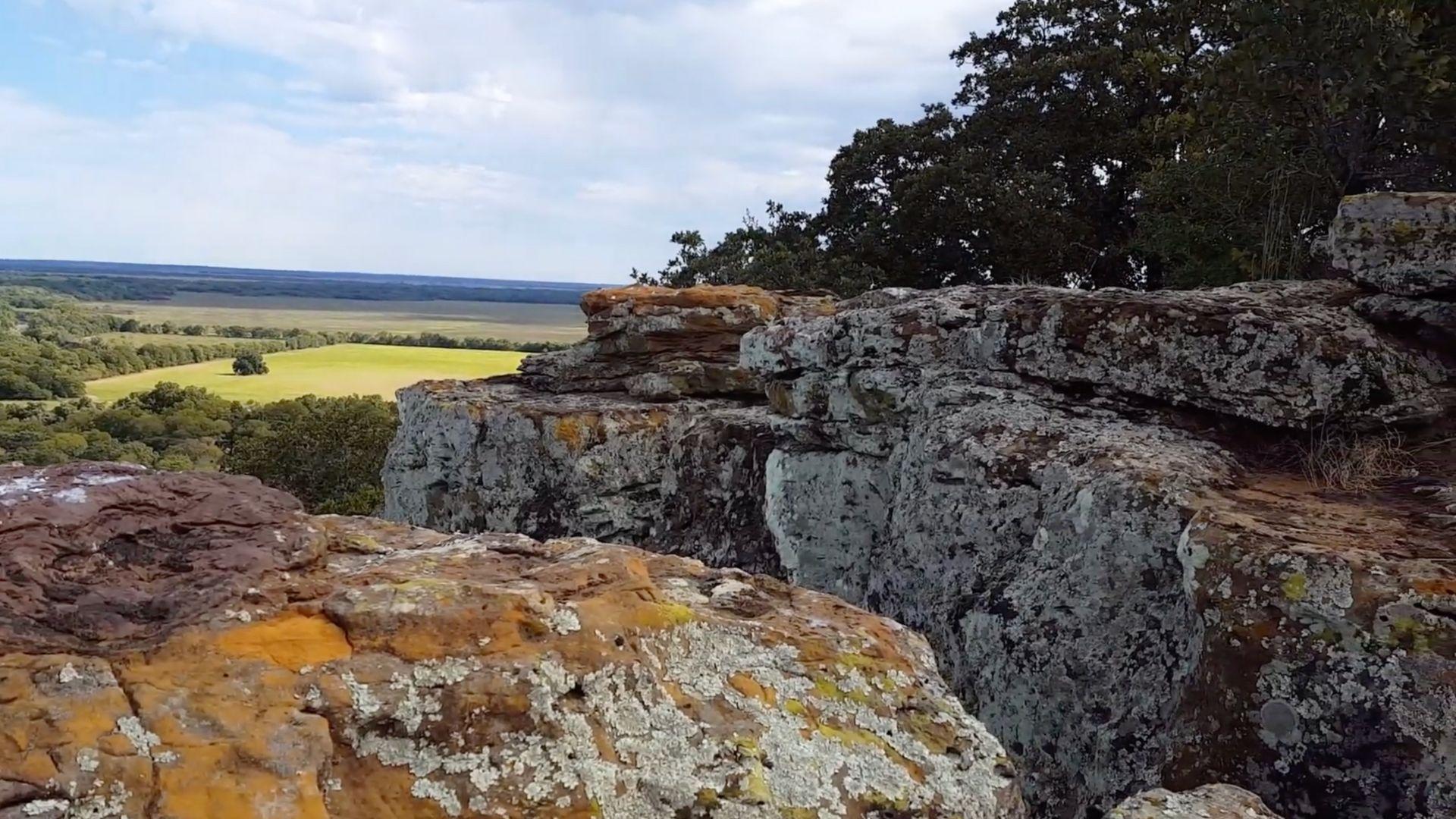
Source: Everyday Adventures/YouTube
This mountain, rooted deeply in the region’s history, was a beacon for various travelers including Native Americans, French and Spanish explorers, Anglo settlers, and African Americans during Texas’ colonial era. The Tonkawa Tribe, once integral to this landscape and later displaced in the 1850s, remained closely connected to this land.
The Tonkawa's Trail of Tears
The displacement of the Tonkawa Tribe, once hailed as “the best friends of the Texans,” was a tragic episode in their history.
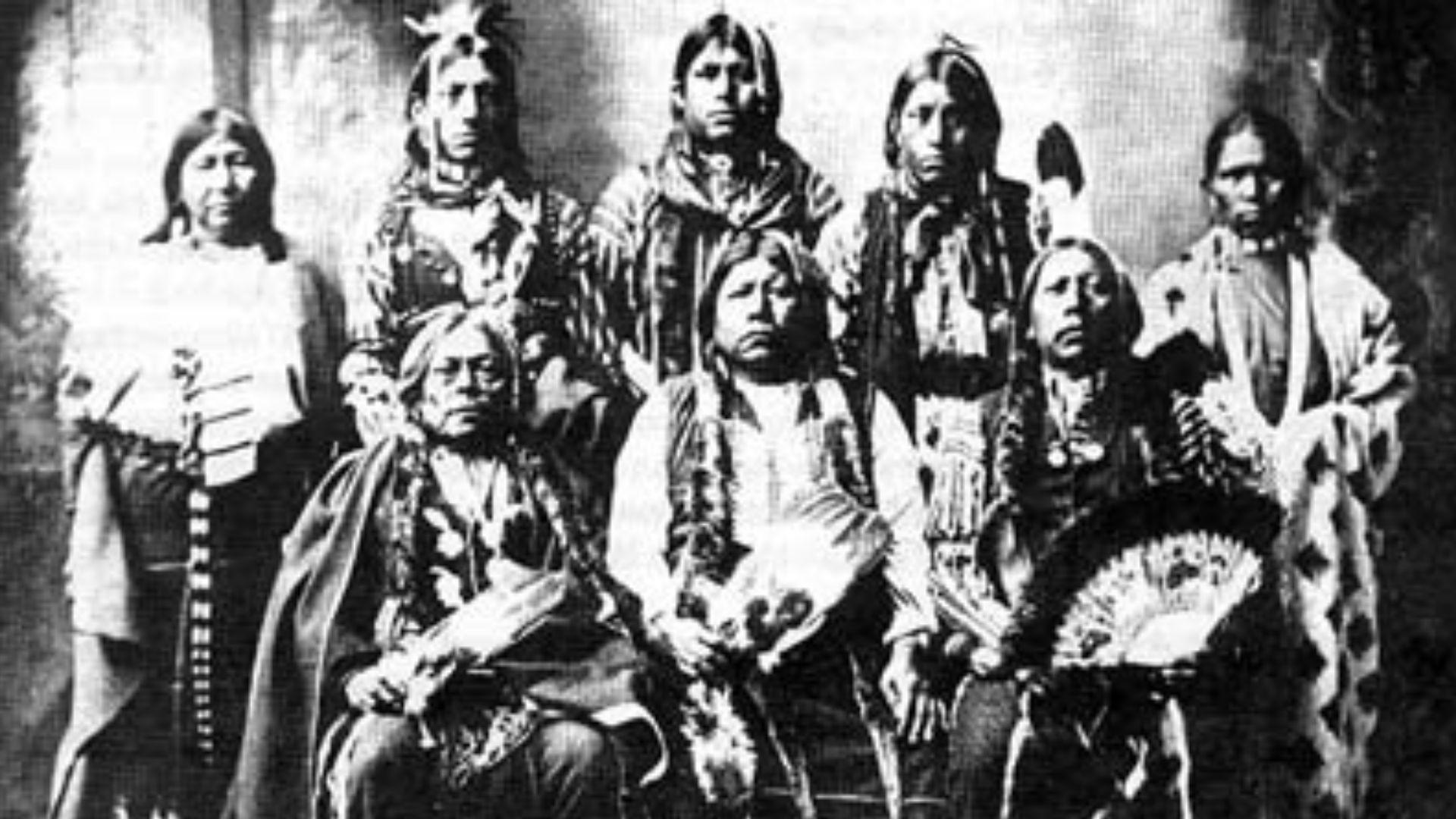
Source: Wikimedia Commons
This forced migration to reservations in Oklahoma in 1884, part of their own “Trail of Tears,” was a profound loss of homeland and marked a dark chapter in the tribe’s struggle to preserve their culture and identity, as reported by The Austin-American Statesman.
The Tonkawa Return to Sugarloaf Mountain
The Tonkawa Tribe’s acquisition of Sugarloaf Mountain is a significant moment in their history, symbolizing a return to their ancestral lands and a restoration of their cultural heritage.
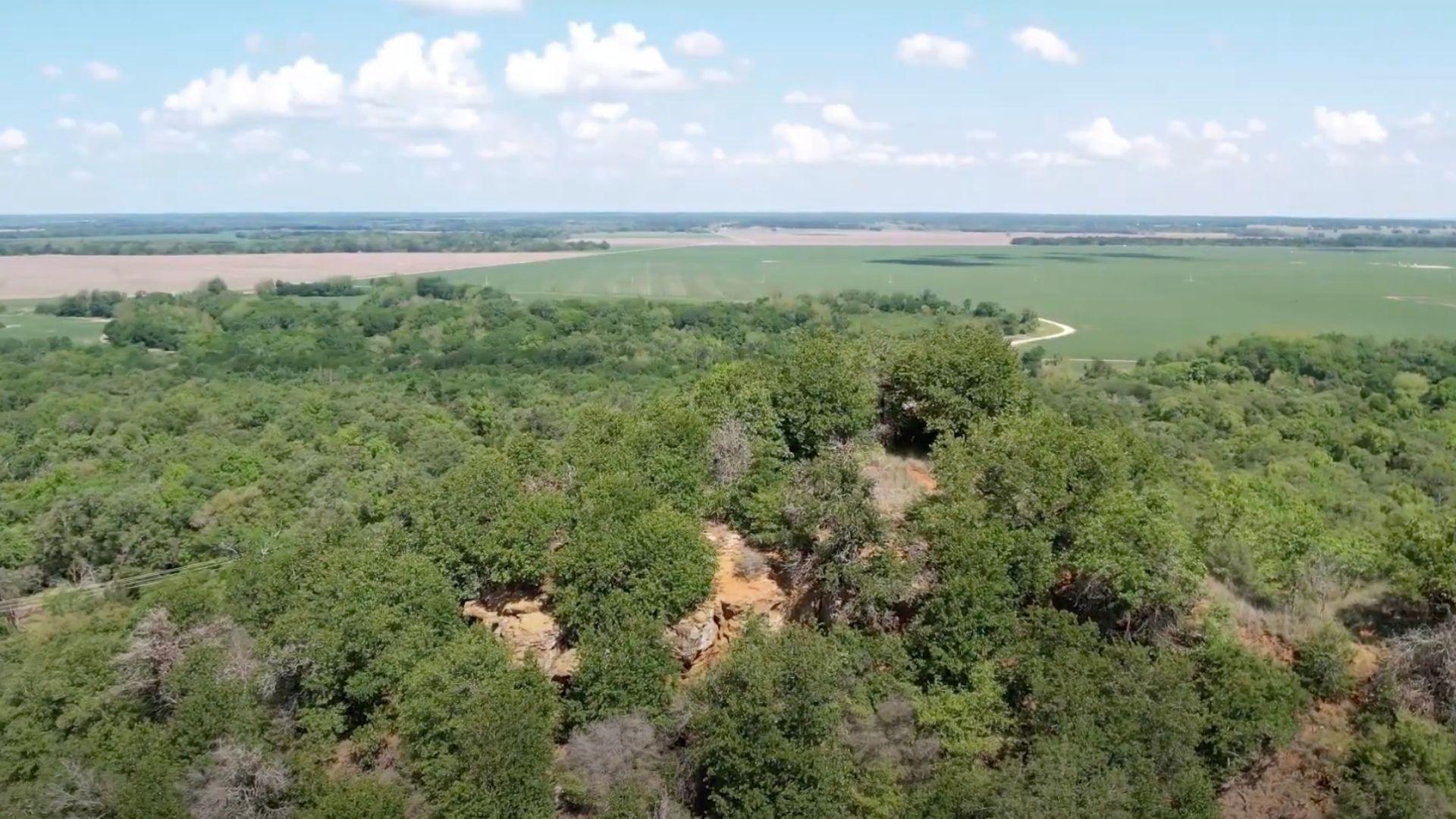
Source: Joshua Paul/YouTube
The Austin-American Statesman reports that during the ceremony, Martin poignantly expressed the tribe’s deep emotional connection to this land, saying, “We’re home.”
Transforming Sugarloaf into a Historical Park
The Tonkawa Tribe envisions transforming Sugarloaf Mountain into a historical park, a project that represents a bridge to the future while honoring the past.
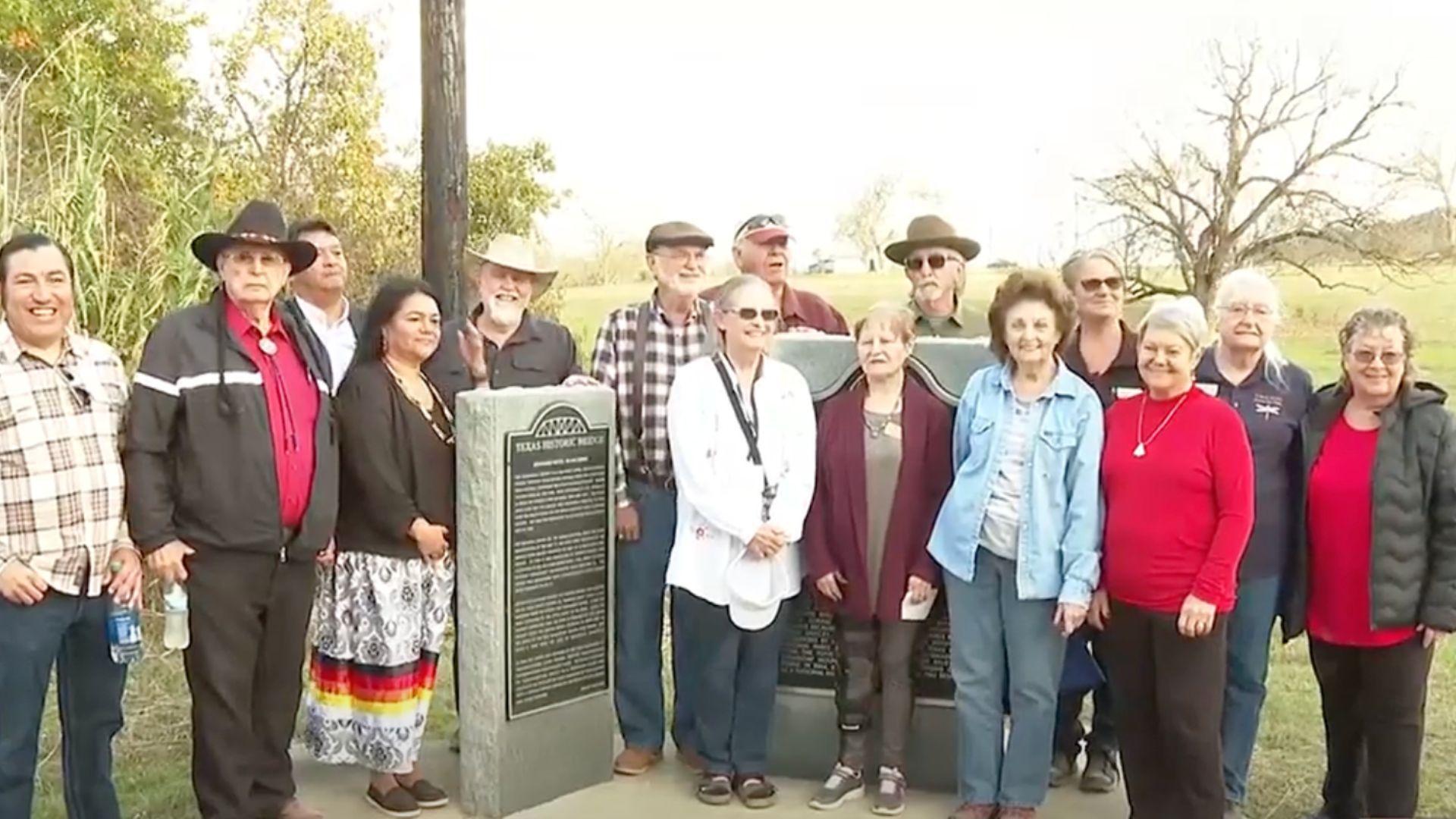
Source: Donnie Ruggle/YouTube
The nonprofit organization El Camino Real de los Tejas National Historic Trail Association told The Austin-American Statesman, “First will come research and archaeology, and then a new park will offer the public daily access to the mountain, along with interpretive displays and educational activities.”
The Future of Sugarloaf Mountain Park
The journey to transform Sugarloaf Mountain into a public park is underway, involving collaboration with the National Park Service and input from several designers, as reported by The Austin-American Statesman.
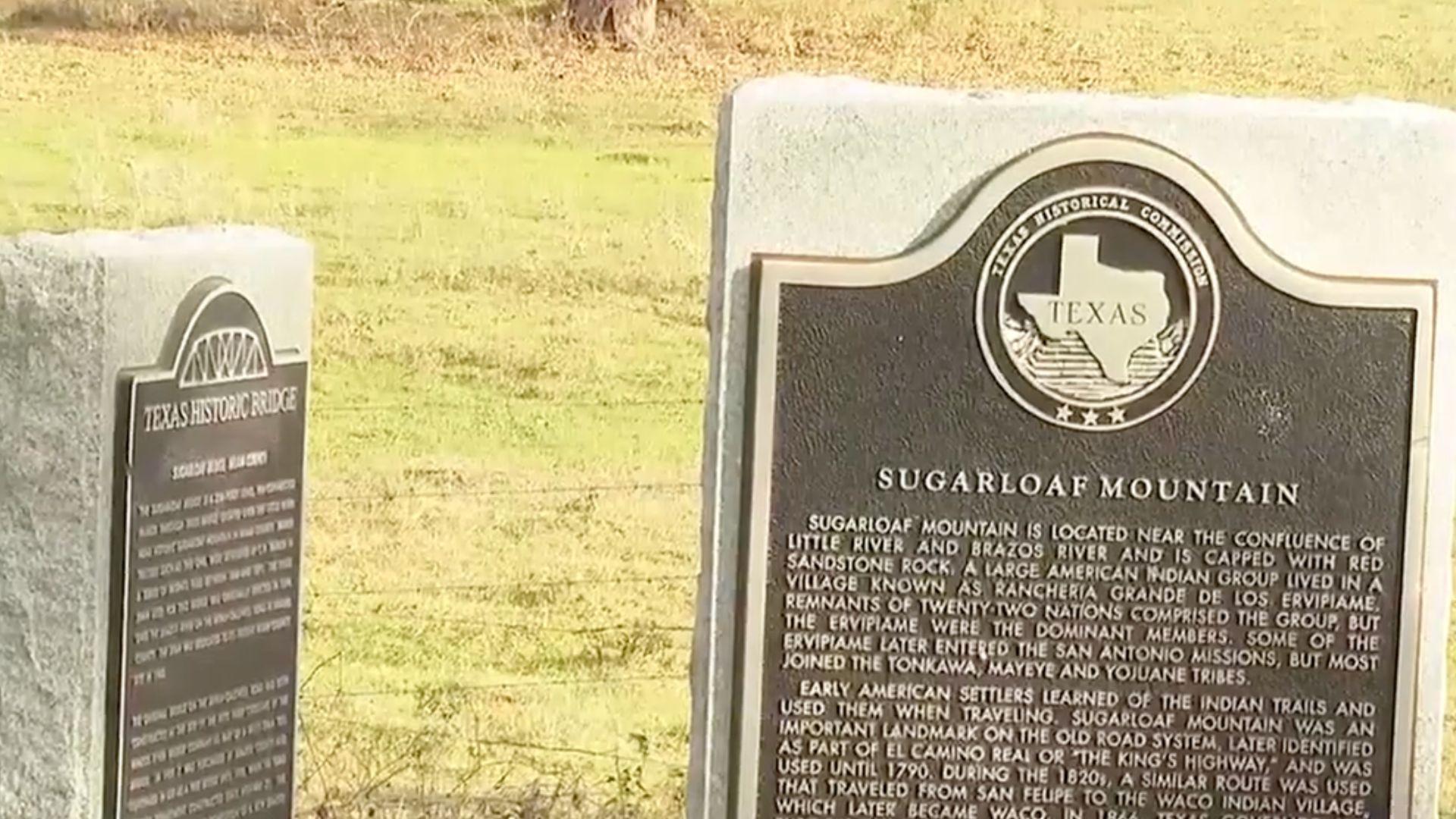
Source: Donnie Ruggle/YouTube
Steven Gonzales, reflecting on the process, said, “It will take us several years. It’s going to take a lot to bring it out of the rough. But Milam County residents have been working for years to arrive at this point.
A Beacon of Tonkawa Heritage
The Tonkawa Tribe’s reclamation of Sugarloaf Mountain is a testament to their resilience and commitment to preserving their history and culture, as reported by The Austin-American Statesman.
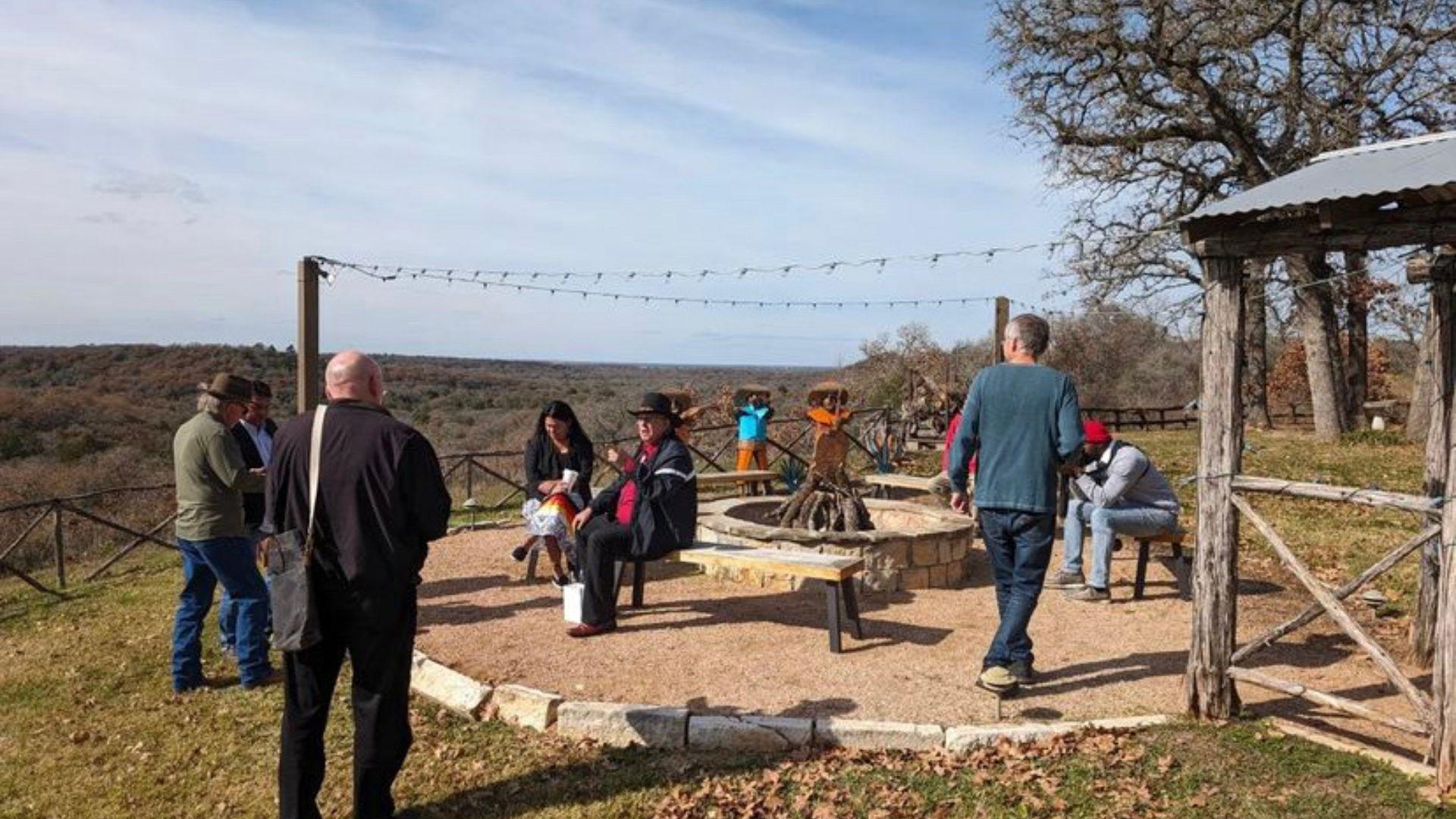
Source: elcaminotejas/Instagram
“The first time I got to the top of the mountain, I was overwhelmed. I’m not that spiritual a person, but that experience was spiritual. We’re glad to be home in Texas,” said Martin.
